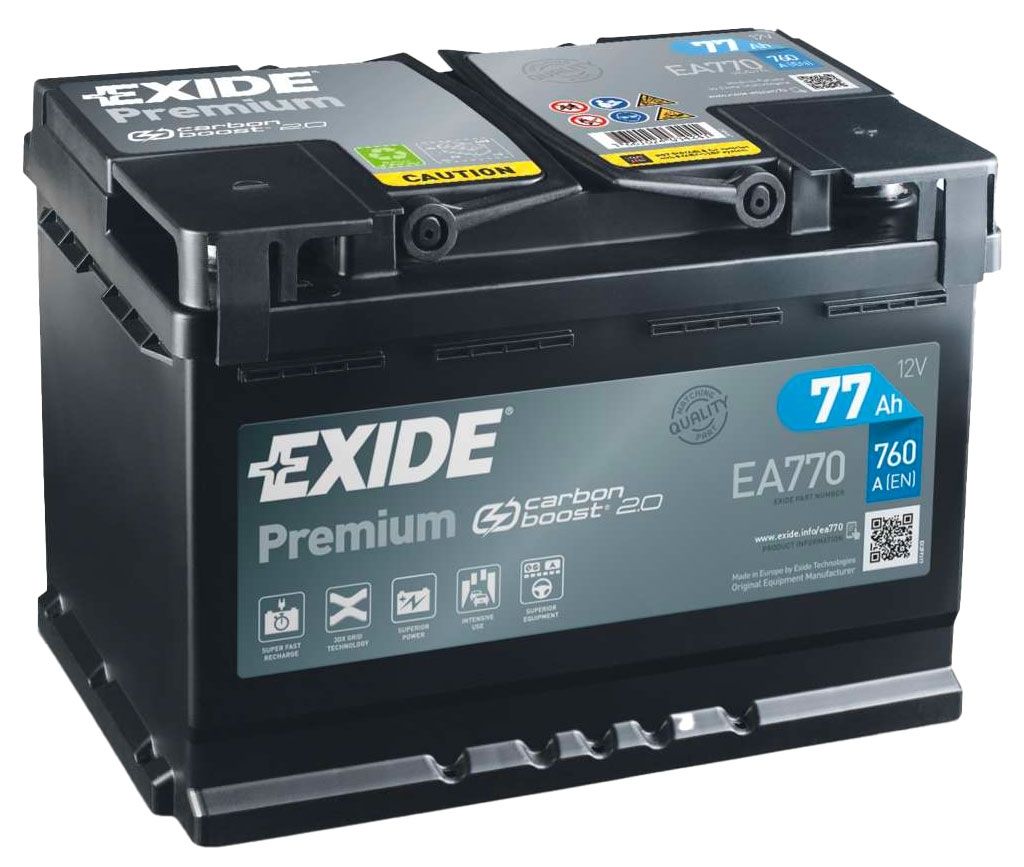Just an update, if it's of any use to anyone. I measure the current drain again, but WITHOUT the smart charger connected. As before, I did this without opening any doors and was careful to do it without breaking the connection. In other words, I clipped one meter probe to the cable and put the point of the other probe on the centre of the battery post, then carefully lifted the terminal off the post, until the meter showed a reading. This was to avoid measuring any "surge" current that might be flowing, immediately after a disconnection (if indeed, that might be a "thing")!
With the Ring smart charger connected to the battery (but not the mains), the current was 48 mA (as previously mentioned).
Without the smart charger connected, it was 31 mA, so it does look like the smart charger permanently consumes a very small amount of electrickery.
With the Ring smart charger connected to the battery (but not the mains), the current was 48 mA (as previously mentioned).
Without the smart charger connected, it was 31 mA, so it does look like the smart charger permanently consumes a very small amount of electrickery.






